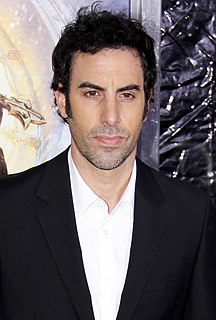A Quote by David Bergen
What fascinates me as a writer is the stuff underneath, To me, what drives a novel is the curiosity behind the character and the depths that you want to find in that character.
Related Quotes
Here's what I want from a book, what I demand, what I pray for when I take up a novel and begin to read the first sentence: I want everything and nothing less, the full measure of a writer's heart. I want a novel so poetic that I do not have to turn to the standby anthologies of poetry to satisfy that itch for music, for perfection and economy of phrasing, for exactness of tone. Then, too, I want a book so filled with story and character that I read page after page without thinking of food or drink because a writer has possessed me, crazed with an unappeasable thirst to know what happens next.
If you had told me twenty years ago that I would write a novel set in Russia, much less two, I simply wouldn't have believed you. I had no familiarity with Russia or its history, but part of what drives me as a reader, and more and more as a writer, is curiosity, the desire to explore unfamiliar terrain and inhabit alternate lives.
I must say Steven Spielberg was great to me, and I loved working with him. He called me up on the phone and was like, "I want you to be in this movie - 1941. There are a couple of parts. You can take whichever one you want. One of them is a main character who is involved in everything, and there's another character who has his own storyline and goes off on his own. He's probably the funnier, more unique character." I said, "Well let me do that second one."






































